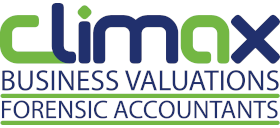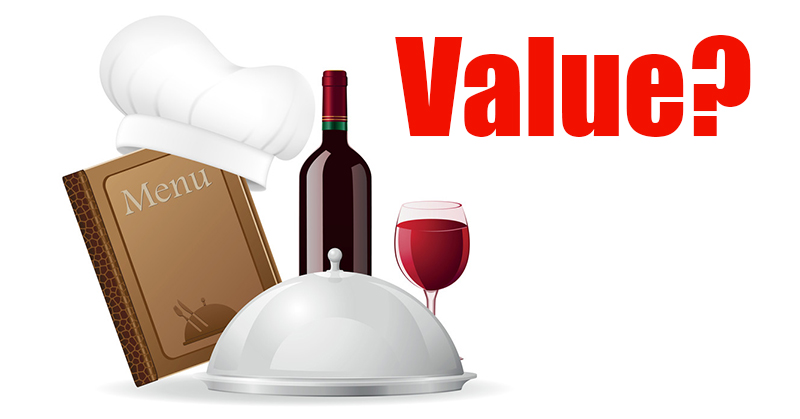The laws of finance and business valuations don’t disappear just because you like the smell of coffee. Cafes and restaurants are always interesting to conduct a business valuation on because they are not like other businesses. As with any business valuation, my job is to determine what the real profits and risks of the business are so that I can establish a suitable return on investment. But cafes and restaurants are interesting to analyse for the following reasons:
Too Much Emotion and the Blind Leading the Blind
Many people start or buy a cafe or restaurant because they think it will be fun or because they’ve always loved coffee and food. Often people are emotionally attached to the idea before they’ve even seen or thought about the numbers. So people regularly pay too much and don’t ever make a suitable return on investment, let alone a wage for themselves. And the sad thing is that they will often sell the business to someone like themselves and the cycle begins again. Unfortunately this has the tendency to look like evidence of value, when value doesn’t have much if anything to do with it. Many of these transactions happen without a valuation or any kind of advice from a qualified accountant, so it’s hard to stop the cycle.
Lack of Business Skills and Experience
Many cafes and restaurants are owned and managed by people without the skills and experience to get the most out of the business. I’m not saying that everyone needs an MBA, but not being able to understand a profit and loss statement and a balance sheet is going to cause a problem at some point. Other necessary skills are budgeting, cash flow management, people management, marketing (not just facebook likes) and understanding KPI’s like gross margins and average sales per cover.
Don’t Ask About the Cash
Lets talk about the elephant in the room. Whether it’s by accident or by design, many cafes and restaurants don’t declare all of their income. This creates a lot of uncertainty around everything in the financial statements. Sometimes this is partly offset by the business paying cash wages and not recording them, but either way we can’t always trust the figures. The unfortunate part is that people will buy these businesses based on a promise of a certain amount of missing cash income. It’s concerning to me that buyers would trust someone’s word when they have openly admitted to lying to the government and who knows who else. As a side note: in a divorce situation, we often work with the solicitors to work out a way to bring the missing cash into the business valuation.
Owners Often Work for Free
To keep the business afloat often the owners will work in the business with no remuneration, so the profits can be significantly overstated unless you take into account the owner’s effort at a market equivalent wage.
Comparative Sales are Misleading
For all of the above reasons, it’s difficult to compare a particular cafe or restaurant with any other, which makes comparing capitalisation multiples almost useless. Each business needs to be analysed on its own merits. The profits need to be adjusted back to a real profit and the capitalisation multiple needs to reflect the risks and potential growth of the business based on a thorough analysis. Remember that both the profitability and multiple should be forward-looking assessments from a buyer’s point of view.
Lessons for a Purchaser of a Cafe or Restaurant
- Ask for all the figures and analyse the figures properly
- Don’t take anybody’s word for anything – find a way to verify or ignore
- Have an independent party conduct a valuation or at least sanity check your own
- Don’t pay more than the business is worth unless you have a damn good reason
- Shop around as there is no shortage of these types of businesses to buy
Lessons for a Seller of a Cafe or Restaurant
- Find a buyer that is emotionally attached to the idea of buying your business
- You may not need to do much else
The Lesson: Obviously I’ve made some significant generalisations in this article and of course some cafes and restaurants are operated very well and make a lot of money. But don’t make any assumptions, do the hard work and make sure you rationally assess the business on its merits before making any decisions. The laws of finance and business valuations don’t change just because you like the smell of coffee.
Follow me on facebook, linkedin, twitter and google+ for more.

